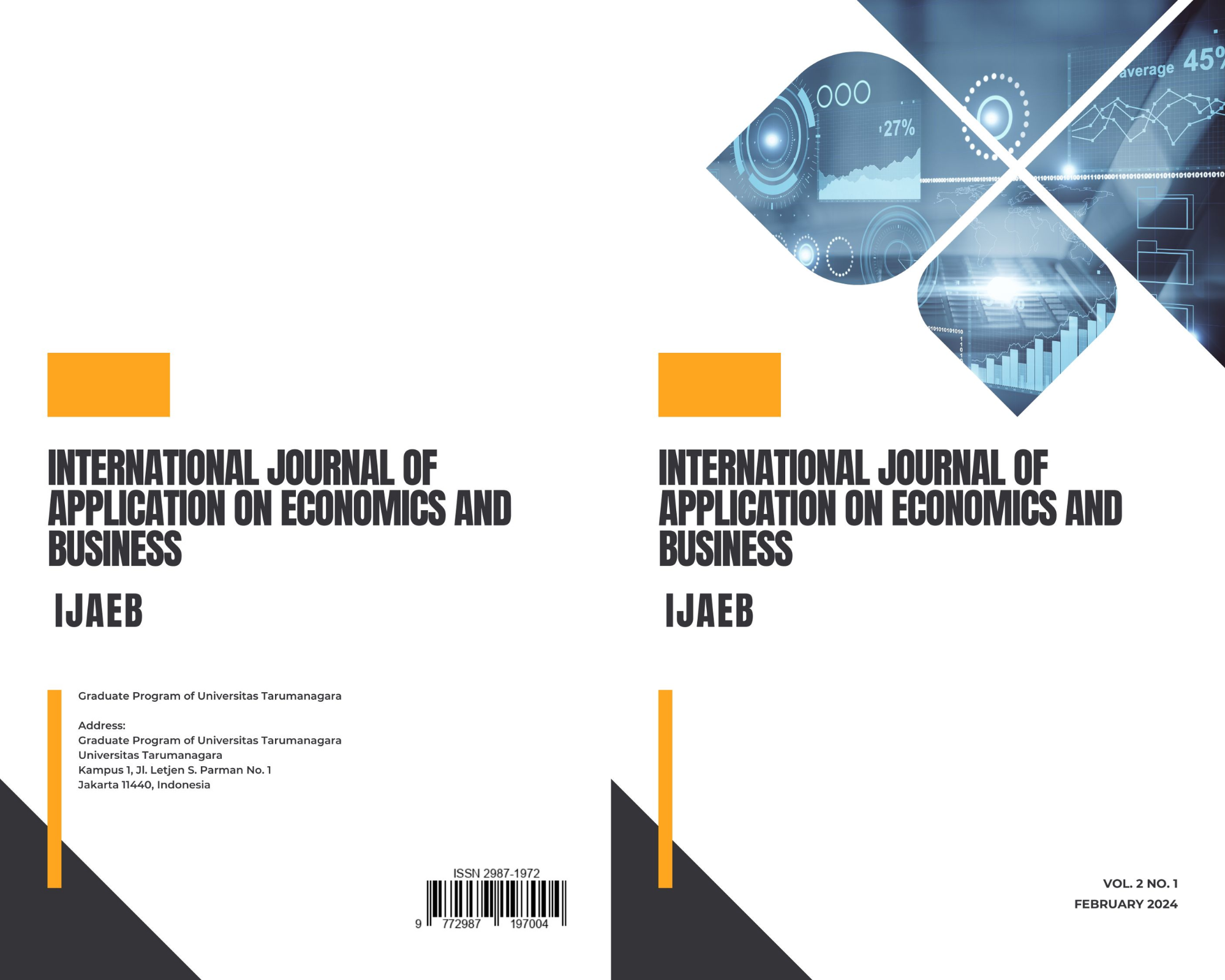CASE STUDY ON OPERATION MANAGEMENT PERFORMANCE IMPROVEMENT OF SCRAP IRON COMPANY
Main Article Content
Abstract
The present study wants to improve the operation management performance, so as to increase the amount of revenue and improve the delivery cost of the case company. Therefore, the purpose of the present study, first, is to analyse the factors that affected the willingness to resupply of suppliers, and adopts the questionnaire survey method to collect data and uses statistical software to analyse the suppliers. Results shows the willingness to resupply of the suppliers. There are 92% suppliers will supply to case company again, and 88% suppliers would recommend peers to supply to case company. Second, use break-even analysis to analyse the delivery cost, compare the distance of the three major steel plants and the number of trips, and propose different delivery car options, which can save nearly NT$ 1.2 million per year for the case company.
Article Details
Section

This work is licensed under a Creative Commons Attribution-NonCommercial-ShareAlike 4.0 International License.
This journal provides immediate open access to its content on the principle that making research freely available to the public supports a greater global exchange of knowledge.
IJAEB by Graduate Program of Universitas Tarumanagara is licensed under a Creative Commons Attribution-NonCommercial-ShareAlike 4.0 International License.. Permissions beyond the scope of this license may be available at https://journal.untar.ac.id/index.php/ijaeb
References
Alimova, M., & Egamberdiev, N. (2023). Ecology and human health in the period of industry development. Science and innovation, 2(D6), 135-138.
Frosch, R. A., & Gallopoulos, N. E. (1989). Strategies for manufacturing. Scientific American, 261(3), 144-153.
Rentería Núñez, G., & Perez-Castillo, D. (2023). Business models for industrial symbiosis: a literature review. Sustainability, 15(12), 9142.
Ravipati, M., Durai, L., & Badhulika, S. (2023). Single-pot solvothermal synthesis of single-crystalline nickel–metal organic framework nanosheets for direct iron fuel cell applications. ACS Applied Energy Materials.
Rabbani, Y., & Zarfeshani, Z. (2022). The factors affecting reverse supply chain and circular economy, Case study: Mobarakeh Steel Company. International Journal of Iron & Steel Society of Iran, 18(2), 38-48.
Farioli, D., Fabrizio, M., Kaya, E., Strano, M., & Mussi, V. (2023). Reshaping of thin steel parts by cold and warm flattening. International Journal of Material Forming, 16(4), 35.
Onesmo, C., Mabhuye, E. B., & Ndaki, P. M. (2023). A synergy between sustainable solid waste management and the circular economy in tanzania cities: a case of scrap metal trade in Arusha city. In Urban Forum (pp. 1-18). Dordrecht: Springer Netherlands.
Watari, T., Hata, S., Nakajima, K., & Nansai, K. (2023). Limited quantity and quality of steel supply in a zero-emission future. Nature Sustainability, 6(3), 336-343.
Men, F., Yaqub, R. M. S., Yan, R., Irfan, M., & Haider, A. (2023). The impact of top management support, perceived justice, supplier management, and sustainable supply chain management on moderating the role of supply chain agility. Frontiers in Environmental Science, 10, 2599.
Enz, M. G., & Lambert, D. M. (2023). A supply chain management framework for services. Journal of Business Logistics, 44(1), 11-36.
Goh, Y. H., Loh, P. H., & Tan, H. T. (1994). Break-even analysis. https://dr.ntu.edu.sg/handle/10356/62956.
Morano, P., & Tajani, F. (2017). The break-even analysis applied to urban renewal investments: a model to evaluate the share of social housing financially sustainable for private investors. Habitat International, 59, 10-20.

